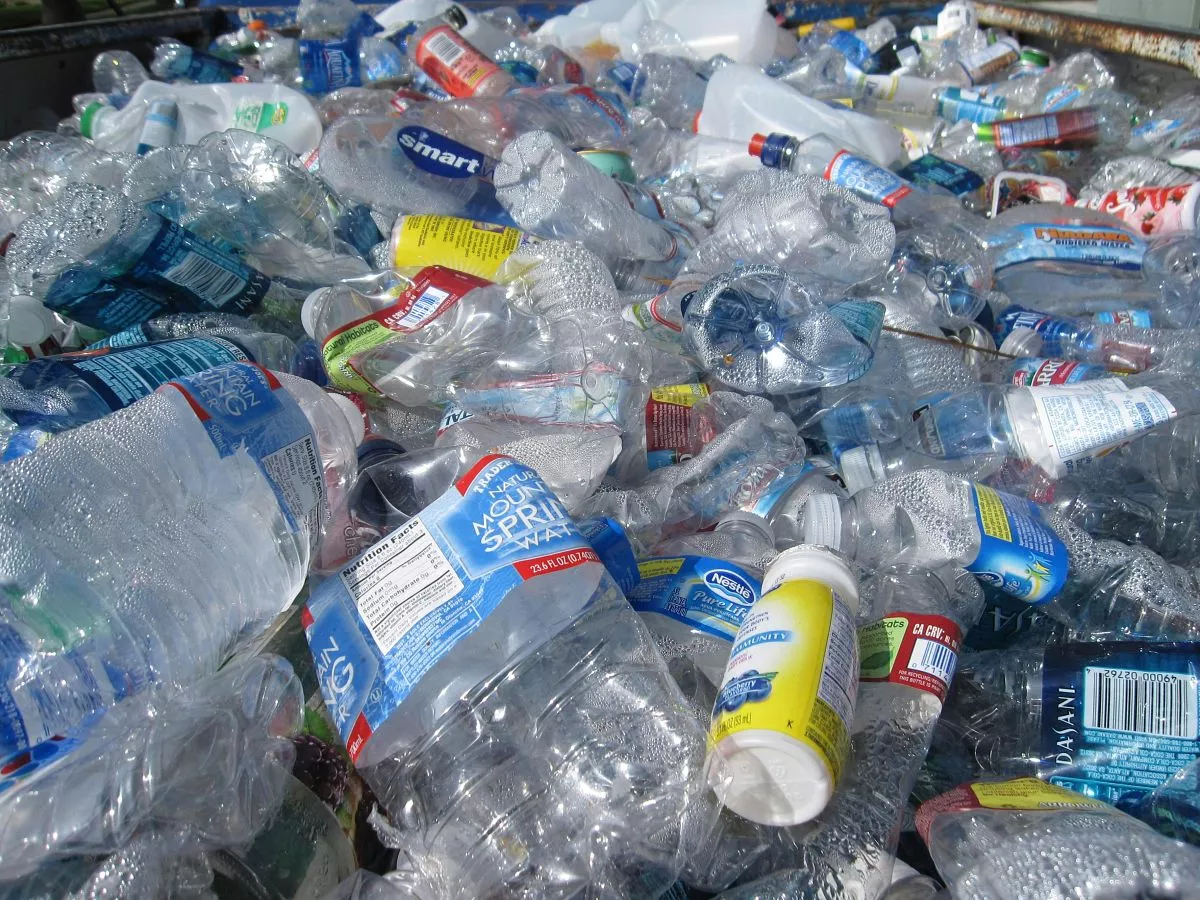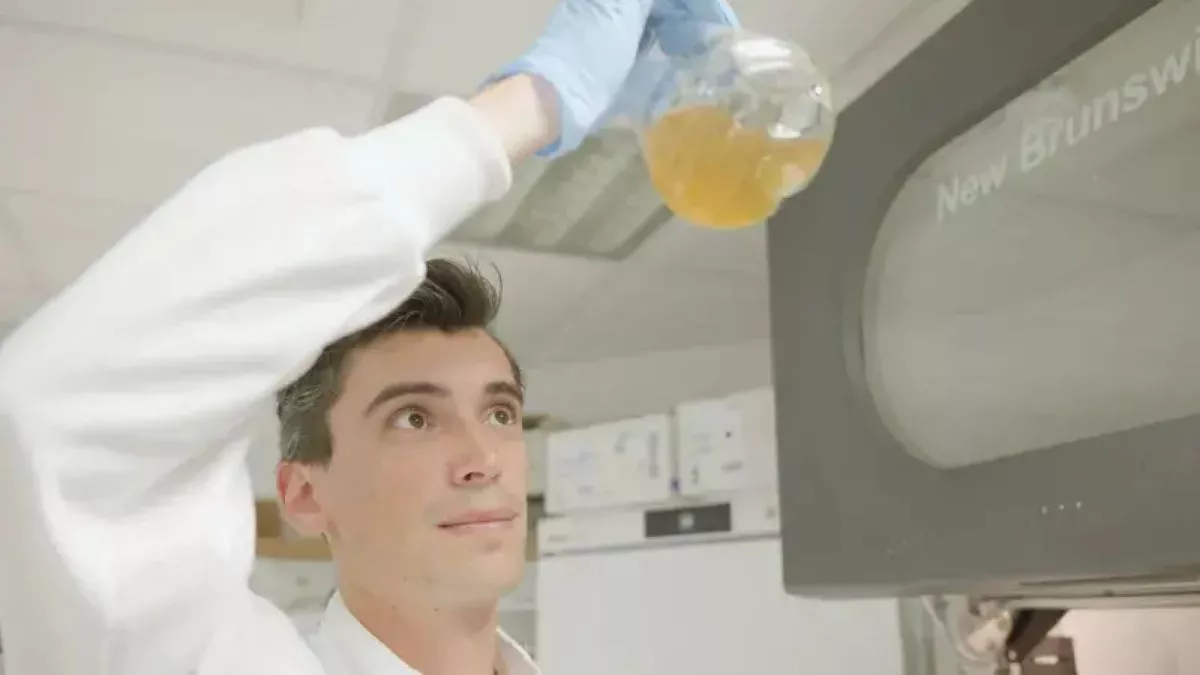Here's a rather novel way to keep trash out of landfills: engineering biologists at the University of Edinburgh have developed a way to turn the common plastic used for disposable bottles into the popular painkiller paracetamol (acetaminophen). All it takes is a bit of bacteria and time to ferment the treated waste.
That's a double whammy if I ever saw one. This approach not only repurposes discarded polyethylene terephthalate (PET) found in bottles and food packaging, but also cuts down on the vast quantities of fossil fuels needed to produce a widely used medicine.
The process starts with genetically modified E. coli and chemically treated discarded PET bottles. The PET is broken down by the bacteria into a compound called terephthalic acid.
It's then modified into a substrate, which undergoes a chemical reaction called a Lossen rearrangement inside the living E. coli cells.

That reaction yields para-aminobenzoic acid (PABA), an essential nutrient that allows the bacteria to grow. Finally, other engineered metabolic pathways within the same E. coli transform PABA into paracetamol.
The entire process is carried out at room temperature, takes less than 24 hours, and produces no carbon emissions. The researchers also note that roughly 90% of the product made from reacting broken down PET (terephthalic acid) with E. coli was paracetamol – making this a highly efficient and sustainable method of producing the painkiller. The study appeared in Nature Chemistry this week.

The process isn't yet ready for prime time: the researchers need to fine-tune their approach before they can use it to produce paracetamol at commercial levels. But it seems like they're well on their way. "We are bringing in exceptional companies like AstraZeneca to work with Stephen and others at the University to translate these cutting-edge discoveries into world-changing innovations," said Ian Hatch, the consultancy head at the university's commercialization arm, Edinburgh Innovations.
Source: The University of Edinburgh




